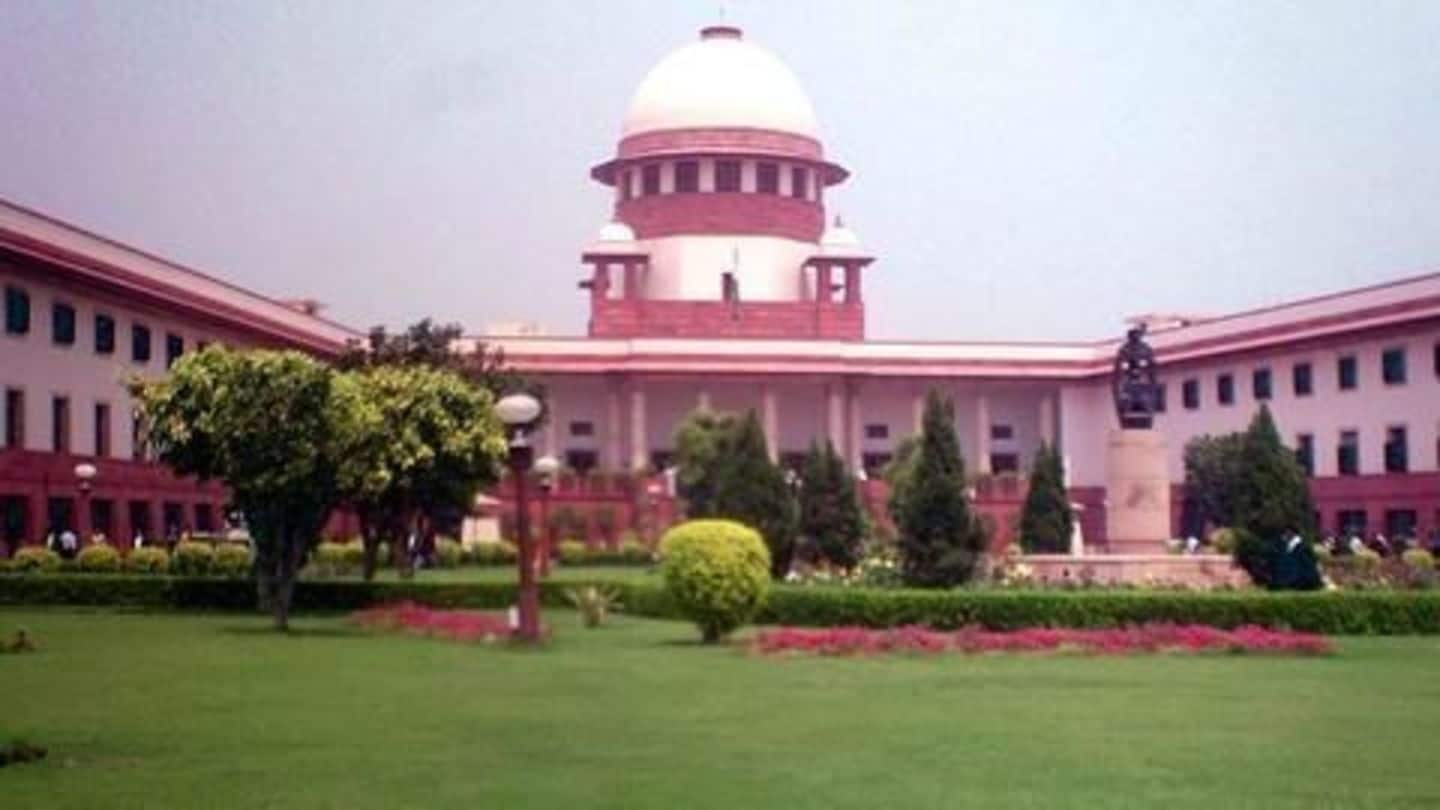
SC instructs Kerala to compensate victims of Endosulfan poisoning
What's the story
SC bench headed by CJI JS Khehar has given instructions to Kerala state government to pay Rs.500 crore as compensation for 5,000 victims of endosulfan poisoning.
The SC also recommended that the state set up treatment centres which can provide long term treatment to those suffering from heath complications due to the poisoning.
The victims in question are mostly newborns and their families.
Details
Endosulfan: What is it?
In the 1950s, Endosulfan began to be widely used as an insecticide and pesticide in the agriculture sector.
Previously, its use was believed to be safer than using other organochlorine pesticides, however over the last 2 decades, many countries have recognized the serious health hazards it poses.
Environmental agencies in US and EU categorize Endosulfan as 'highly-hazardous' and it's now banned in 80 countries.
A tragedy
Use of Endosulfan in Kerala
Since the mid-1970s, villages in Kasargod district of Kerala used aerial spraying of Endosulfan on thousands of hectares of cashew nut plantations.
Over the years locals acquired previously unknown illnesses, deformities and palsies.
Rampant use of endosulfan also destroyed biodiversity: death of fishes, frogs, deformities in cattle were noticed early on.
Butterflies, honeybees and several other animals completely disappeared from the area.
Background
SC committee on usage of Endosulfan
A committee had been appointed by the Supreme Court to study health hazards that were related to the use of registered pesticides.
The high level committee's observations revealed that 13.35% of registered pesticides including endosulfan, put people at risk of serious health hazards.
The reproductive system was particularly vulnerable and could lead to congenital deformities.
Other risks included autism, neurotoxicity, sensory-loss and more.
Information
PIL against Endosulfan
In early 2011, a PIL was filed by the 'Democratic Youth Federation of India' with regards to destructive effects of endolsufan and its continuing use by farmers despite a global ban on it.
2011
SC orders immediate ban
In May 2011, SC ordered that endosulfan be immediately banned.
Central and state governments opposed this ban as it was effective against pests and is cheap.
Apex court dismissed pleas of 150 private exporters and went ahead with the ban.
SC said, "any decision affecting human life, or which may put an individual's life at risk, must call for the most anxious scrutiny."